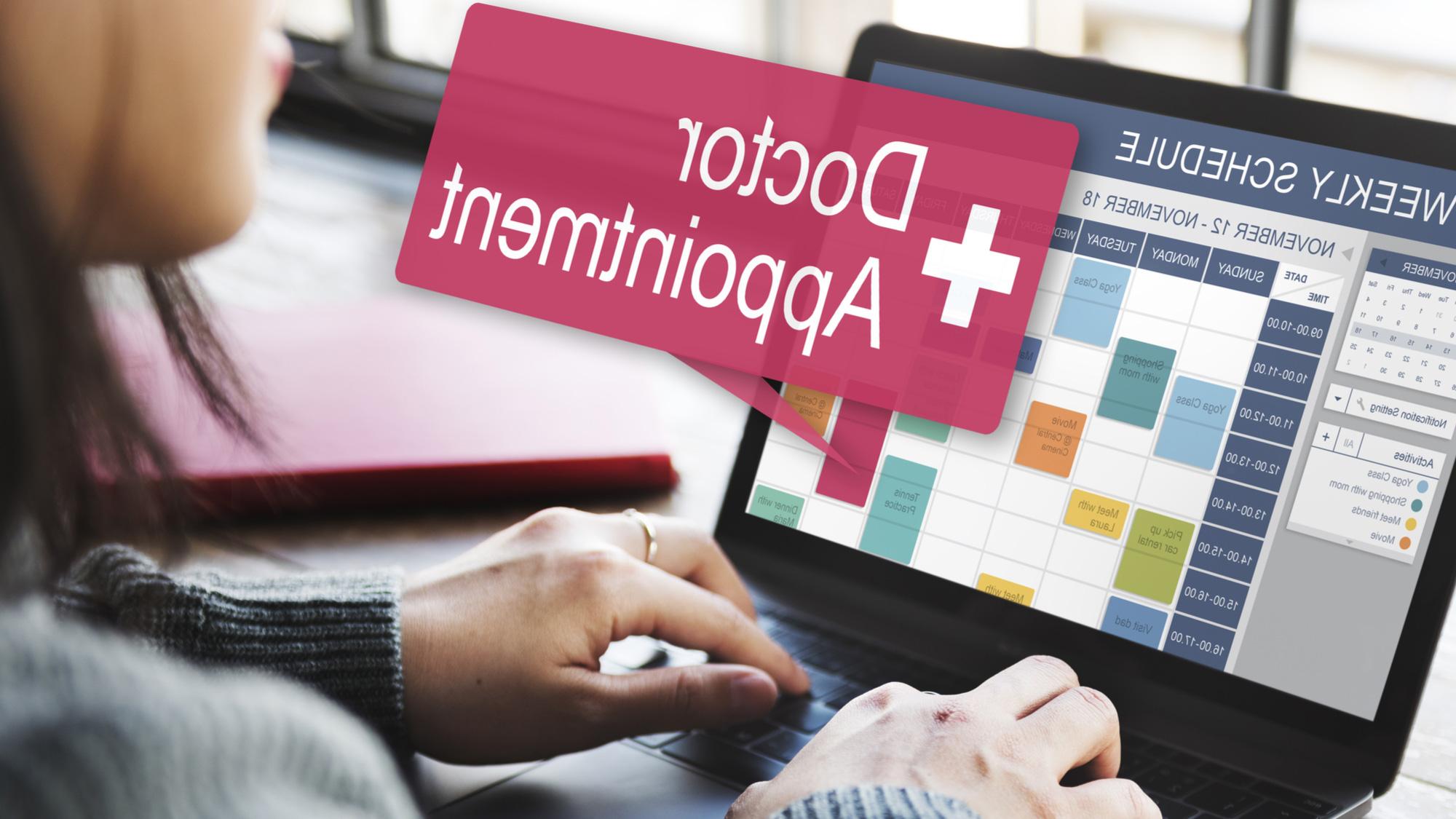Heart Screening & Diagnosis
At Riverside Heart & Vascular Institute, our specialists use the latest technology to detect and accurately diagnose the full range of cardiovascular diseases, from clogged arteries that can trigger heart attacks and strokes to diseases of the blood vessels that can impact your quality of life and cause permanent disability. We’re committed to finding potential problems early, when they’re most treatable, to keep your heart safe and strong.
Learn Your Risk: $49 CT Heart Scans
You and your doctor can learn more about your risk for heart disease with a simple, non-invasive CT![]() Heart Scan. CT stands for computed tomography, a special type of x-ray that creates highly detailed images of structures in the body.
Heart Scan. CT stands for computed tomography, a special type of x-ray that creates highly detailed images of structures in the body.
A CT Heart Scan measures how much calcium is deposited in the coronary arteries, which deliver blood to the heart. While calcium is important and necessary for human health, a build-up of this mineral in the coronary arteries contributes to blockages that can cut off blood flow and cause heart attacks. The CT Heart Scan will reveal your calcium score; the higher your score, the greater your risk for developing heart disease.
Call Riverside Outpatient Scheduling to schedule your CT Heart Scan today - (815) 935-7531.
Should You Get a CT Heart Scan?
The answer is yes if:
- You are 35 years or older, you have not previously been diagnosed with heart disease and you have at least two of the risk factors below.
- You are a man over age 45, or a woman over 55, you have not previously been diagnosed with heart disease, and you have one or more of these risk factors:
- Obesity
Family history of heart disease- High cholesterol
- Physical inactivity
- Diabetes
- High blood pressure
Call Riverside Outpatient Scheduling at (815) 935-7531 to schedule your CT Heart Scan today. Scans are available at Riverside locations in Coal City and Kankakee. If you have an implanted pacemaker, ask your doctor if you can undergo a CT scan.
What is EHAC?
Early Heart Attack Care (or EHAC) education teaches you to recognize the early signs and symptoms of a heart attack. Why? We want you to become an active bystander so you can save a life - even if it's yours.
- About 750,000 people in the U.S. have heart attacks each year. Of those, about 116,000
die . - Many of these patients experienced early symptoms.
Click here to learn more about the risk factors, signs and symptoms of heart attacks.

